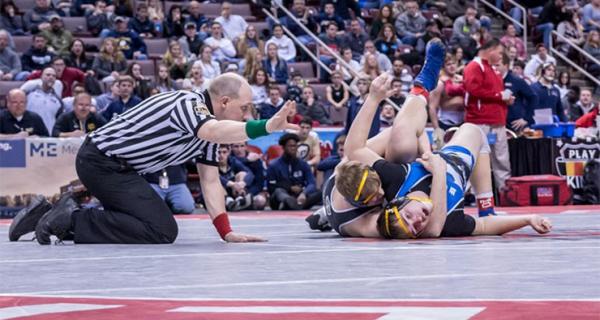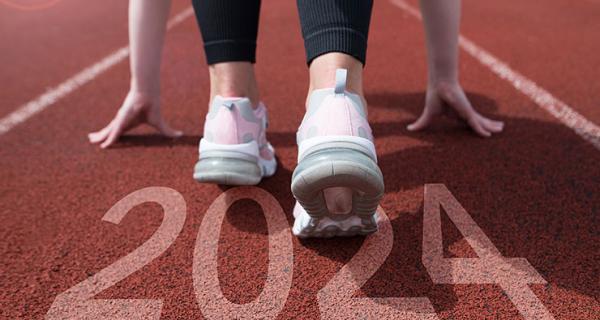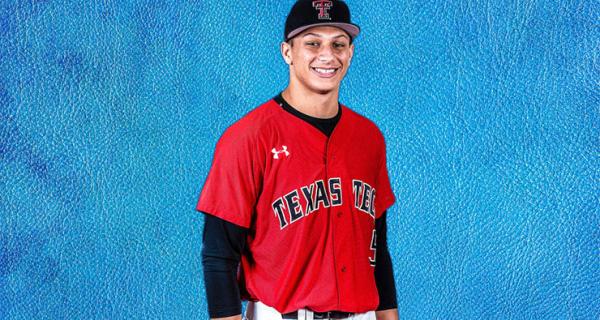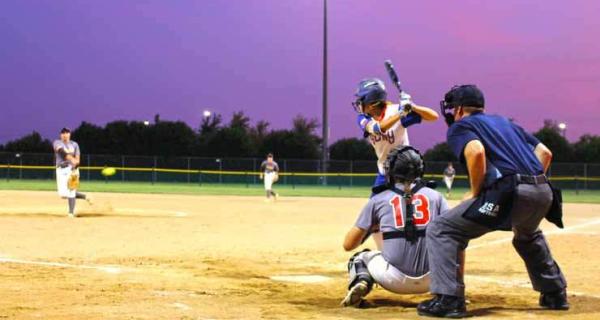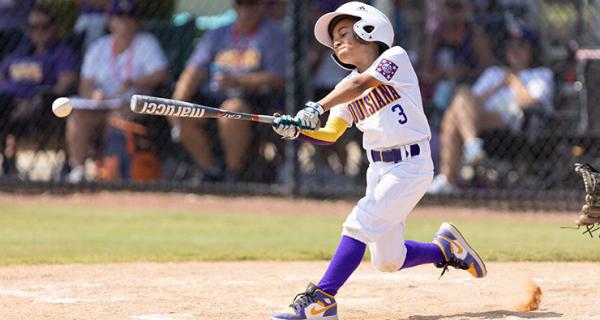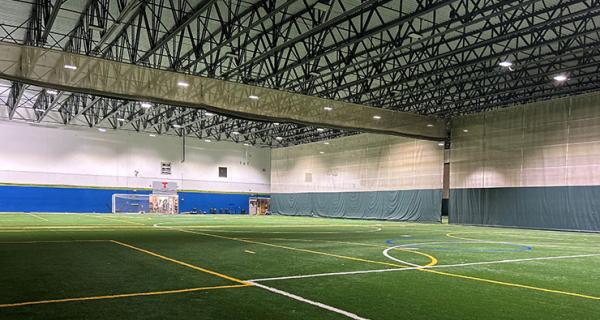Dallas Area Steps Up to the Sports Plate
Arlington and Frisco are among the industry leaders in bringing back sporting events.
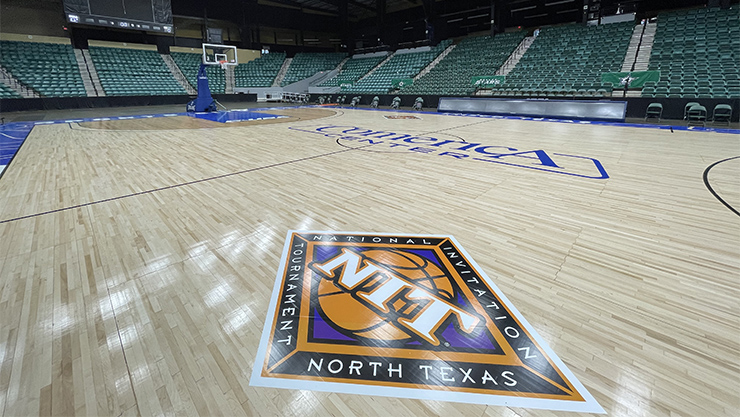
Matt Wilson, vice president of sports and events at the Arlington CVB, has a Texas-size bucket list of events he’d like to host. But not even he dreamed that the Rose Bowl, an iconic event synonymous with Pasadena, California, would be in the Dallas suburb.
But in these most unusual of times, Arlington kicked off 2021 with Notre Dame playing Alabama at AT&T Stadium in the Rose Bowl, which doubled as the College Football Playoff semifinal. The game is one of the most extreme examples of the mad dash to find destinations capable of hosting events during the pandemic.
If Florida—primarily Orlando and Tampa—has been the epicenter of large-scale conventions, trade shows and sports events, Texas has not been far behind.
Since COVID-19 turned the world on its head, Arlington alone has hosted several rounds of the World Series (and several rounds of Major League Baseball playoffs), the Rose Bowl and the National Rodeo Finals, which are typically held in Las Vegas.
“It’s been a wild ride,” says Wilson.
Trading Places
State and local regulations have opened the door for some destinations to have advantages over others as different parts of the country combat the pandemic differently. And it does not go unnoticed that the Dallas area, including Fort Worth and Frisco, has been hosting marquee events because other areas have been prohibited to do so.
“We don’t want to be vultures,” notes Josh Dill, CSEE, director of sports and events at Visit Frisco. “You feel a little bit sad at times. It’s a double-edged sword.”
That bittersweet taste is informed by the knowledge that for the sports tourism industry to recover, games have to go on somewhere. As other destinations reopen, news continues to spread of events returning to large-scale venues like convention centers. The industry is getting back to what it does best in large part because of Wilson’s and Dill’s efforts.
But that doesn’t make it any less strange that the New Mexico Bowl was held in Frisco, yet the city’s namesake bowl game was canceled due to COVID protocols.
It has hardly been all good news all the time in Texas. CVBs, venues and other sports entities were forced to make layoffs and put employees on furlough. Wilson freely admits fewer participants and little to no spectators have diminished the economic impact that would normally be generated. Still, something is better than nothing.
“Everyone's just trying to survive,” Wilson says. “We're still staying really aggressive. Our message to the staff has been: Let's go out and find ways to win.”
Even now, as more events get off the ground, not everyone who lost their job has returned to their position. “Cautiously optimistic,” as Dill describes his feelings, are the words of the day.
The Comeback
While there is light at the end of the tunnel, the pandemic remains more than an echo. The NCAA is keeping each of its basketball tournaments confined to one destination, respectively.
The Dallas-Fort Worth metropolis is hosting all 16 teams of the 83rd National Invitational Tournament. Games, running March 17-28, will be played at Comerica Center in Frisco and at UNT Coliseum on the campus of North Texas in Denton.
Last year’s NIT was canceled, as was March Madness, which this year will be spread across Indianapolis.
Not only do the events bring CVB staff, hoteliers and restaurant employees back to work, but there is also a visceral reaction when teams come to town. Event organizers, likewise, share remarkably similar stories about parents and children grateful for a chance to find a little bit of normalcy through sports.
The challenges for all sides “shine a spotlight on how important tourism, and especially sports tourism, is to a lot of markets,” says Dill. “There's definitely this pent-up demand for major events. Sports is the first thing you're going to see coming out of this [pandemic].”


